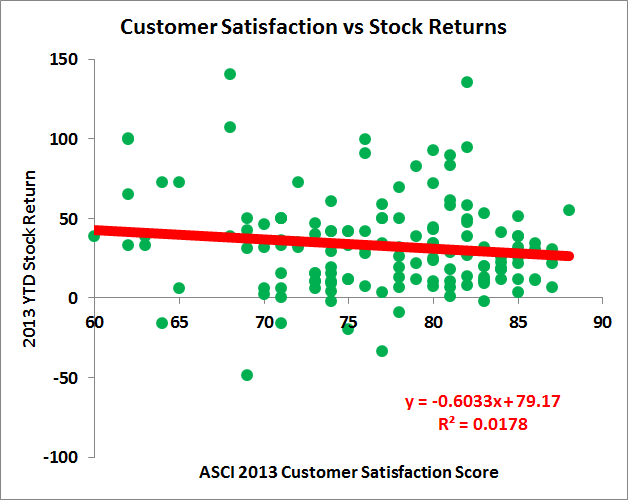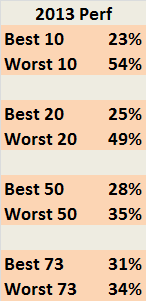According to the 2015 Makovsky Wall Street Reputation Study, released Thursday, 42% of U.S. consumers believe that failure to protect personal and financial information is the biggest threat to the reputation of the financial firms they use. What’s more, three-quarters of respondents said that the unauthorized access of their personal and financial information would likely lead them to take their business elsewhere. In fact, security of personal and financial information is much more important to customers compared to a financial services firm’s ethical responsibility to customers and the community (23%).
Executives from financial services firms seem to know this already: 83% agree that the ability to combat cyber threats and protect personal data will be one of the biggest issues in building reputation in the next year.
The study found that this trend is already having a very real impact: 44% of financial services companies report losing 20% or more of their business in the past year due to reputation and customer satisfaction issues. When asked to rank the issues that negatively affected their company’s reputation over the last 12 months, the top three “strongly agree” responses in 2015 from communications, marketing and investor relations executives at financial services firms were:
- Financial performance (47%), up from 27% in 2014
- Corporate governance (45%), up from 24% in 2014
- Data breaches (42%), up from 24% in 2014
Earning consumer trust will take some extraordinary effort, as a seemingly constant stream of breaches in the news and personal experiences have clearly made customers more skeptical of data security across a range of industries. When asked which institution they trust more with their personal information and safeguarding privacy, today’s consumers ranked traditional financial institutions—including insurers—higher by a wide margin over new online providers, but a larger percentage of consumers do not trust any organization to be able to protect their data:
- Bank/brokerage, insurance, or credit card company (33%)
- U.S. Government (IRS, Social Security) or U.S. Postal Service (13%)
- Current healthcare company (4%)
- Online wallets (PayPal, Google Wallet, Apple Pay) (4%)
- Retail chain or small businesses (4%)
- All other (3%)
- None of these organizations or companies can be trusted (39%)




